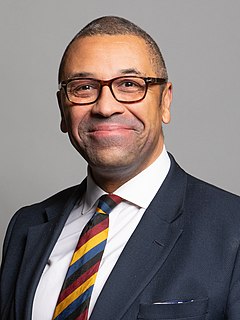A Quote by Barack Obama
It's the job, I think, of leaders to try to address peoples' real legitimate concerns and channel them in the most constructive ways possible.
Related Quotes
One of the most important things in any leader or in any successful approach is to focus on connecting with people and really listening to them. We shouldn't just be saying, oh yes, the people are protesting. We need to ask them why they are protesting and try and figure out if there is something we can do to bring them in and respond to those concerns. That's not populism - that's being thoughtfully open to the fact that our citizens are allowed to have, and are even justified in having, very real concerns and questions for the people responsible for serving them.
I think it's very important to be able to hear from our public leaders in ways that they can't entirely orchestrate, seeing them speak live and unscripted and take questions that they themselves haven't arranged ahead of time. I think this is a way in which citizens who are deciding what they think of their leaders who govern in their name, this is one of the ways in which they can evaluate how they feel about the quality of the leadership.
in most important ways, leaders of the future will need the traits and capabilities of leaders throughout history: an eye for change and a steadying hand to provide both vision and reassurance that change can be mastered, a voice that articulates the will of the group and shapes it to constructive ends, and an ability to inspire by force of personality while making others feel empowered to increase and use their own abilities.
What is true, and I think that we can't deny it, is that some of the same concerns about globalization, about technology, rapid social change that were reflected in Brexit, that's been reflected in some of the debates in Germany and France and other places, that those exist in the United States as well. My view is that over the long term, over the next 10, 15, 20 years, if we are able to address the legitimate economic concerns of those who feel left behind by globalization, then many of these tensions will be reduced. And we will see a world that is less divided.






























